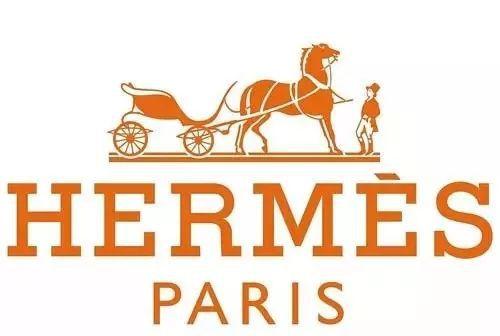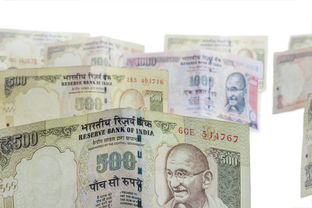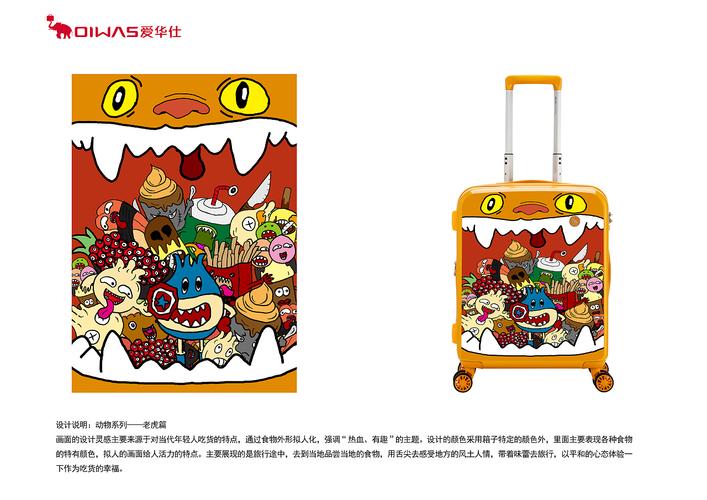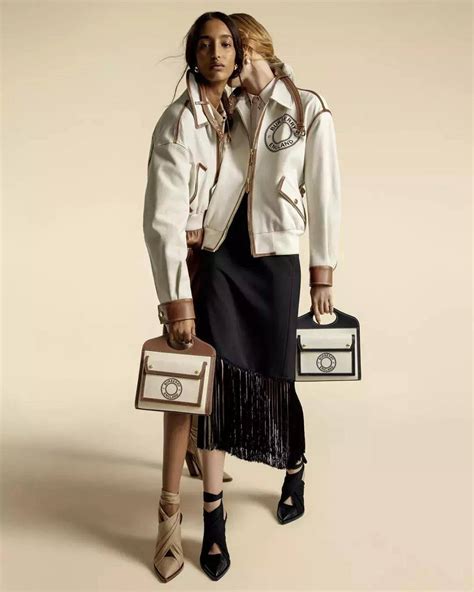Luxury Goods: Definition, Examples, and Trends
Luxury goods, often synonymous with opulence and prestige, refer to highquality items or services that are not essential to everyday life and are typically associated with high prices. These products are often characterized by exceptional craftsmanship, exclusivity, and brand heritage, catering to affluent consumers who seek superior quality, status, and indulgence. Let's delve into the definition of luxury goods, explore some examples across various industries, and discuss current trends shaping the luxury market.
Definition of Luxury Goods
Luxury goods encompass a wide range of products and services, including fashion, jewelry, automobiles, watches, yachts, fine wines, gourmet foods, and highend real estate. What distinguishes luxury goods from mainstream products is their emphasis on superior quality, craftsmanship, exclusivity, and prestige. Luxury brands often invest heavily in research, design, and marketing to maintain their reputation and allure among discerning consumers.
Examples of Luxury Goods
1.
Fashion
: Luxury fashion houses such as Chanel, Louis Vuitton, and Gucci offer haute couture clothing, handbags, shoes, and accessories crafted from the finest materials and adorned with iconic logos and designs.2.
Jewelry and Watches
: Brands like Tiffany & Co., Cartier, and Rolex are renowned for their exquisite jewelry pieces and precisionengineered timepieces, often featuring rare gemstones and intricate detailing.3.
Automobiles
: Luxury car manufacturers like RollsRoyce, Bentley, and Lamborghini produce highperformance vehicles with bespoke customization options, cuttingedge technology, and unparalleled comfort.4.
Fine Wines and Spirits
: Exclusive wine estates such as Château Lafite Rothschild and spirits producers like Rémy Martin offer connoisseurs rare vintages and limitededition blends celebrated for their exceptional taste and heritage.5.
Yachts and Private Jets
: For the ultrawealthy, luxury yachts from builders like Feadship and private jets customized by companies such as Gulfstream provide unparalleled luxury and comfort for travel and leisure.6.
HighEnd Real Estate
: Properties in prestigious locations like Manhattan's Billionaires' Row, London's Kensington Palace Gardens, and Beverly Hills estates offer lavish amenities, breathtaking views, and unparalleled privacy.Trends in the Luxury Goods Market
1.
Experiential Luxury
: Today's affluent consumers are increasingly prioritizing experiences over possessions. Luxury brands are responding by offering immersive experiences such as VIP events, personalized services, and exclusive access to private clubs and resorts.2.
Sustainability and Ethical Practices
: With growing awareness of environmental and social issues, luxury brands are embracing sustainability and ethical practices throughout their supply chains. From sourcing ethically produced materials to implementing ecofriendly manufacturing processes, sustainability has become a key focus for many luxury companies.3.
Digital Transformation
: The digital age has revolutionized the way luxury brands engage with consumers. From ecommerce platforms to social media marketing and virtual reality experiences, luxury brands are leveraging technology to reach new audiences and enhance the customer journey.4.
Personalization
: In an era of mass customization, luxury consumers expect personalized products and services tailored to their individual preferences and lifestyles. Luxury brands are investing in data analytics and artificial intelligence to offer bespoke experiences and customized products that cater to each customer's unique tastes.
5.
Rise of Emerging Markets
: Emerging markets such as China, India, and Brazil are driving significant growth in the luxury goods industry. As disposable incomes rise and consumer preferences evolve, luxury brands are expanding their presence in these markets and adapting their strategies to meet the demands of diverse cultural audiences.In conclusion, luxury goods represent the epitome of craftsmanship, exclusivity, and prestige, catering to affluent consumers who seek the finest quality, status, and indulgence. As the luxury market continues to evolve, brands must adapt to changing consumer preferences, embrace sustainability and technology, and innovate to maintain their relevance and desirability in an increasingly competitive landscape.











